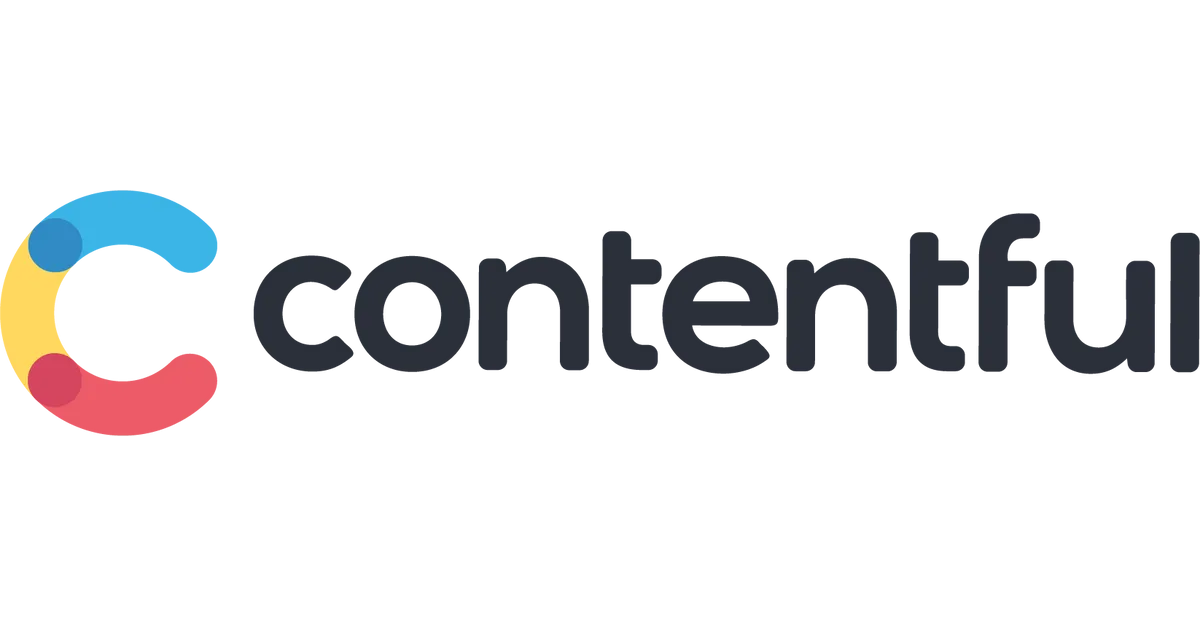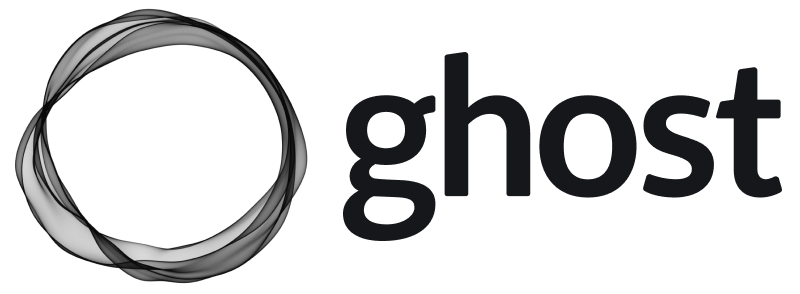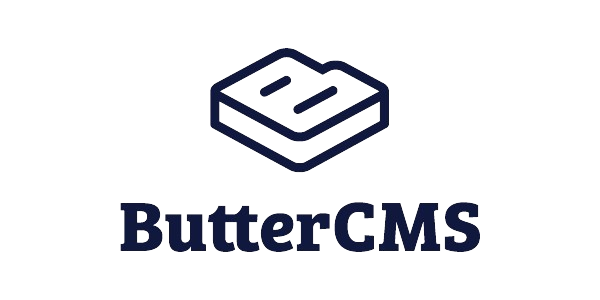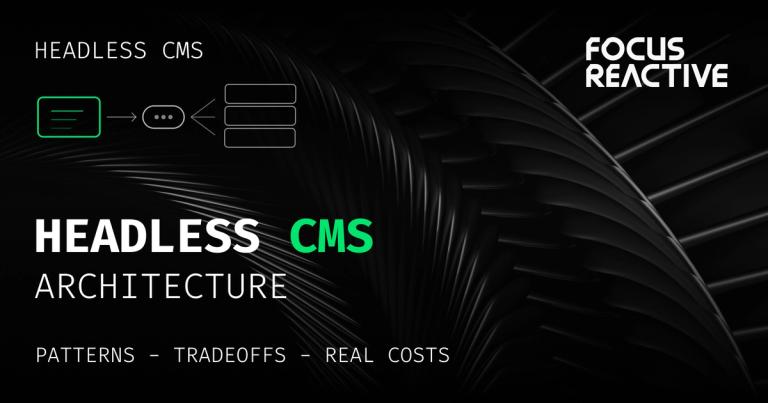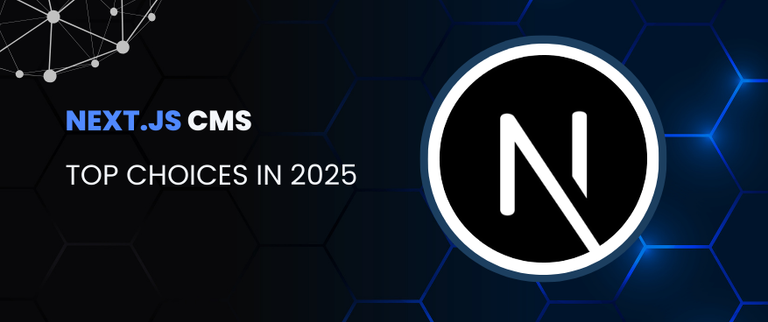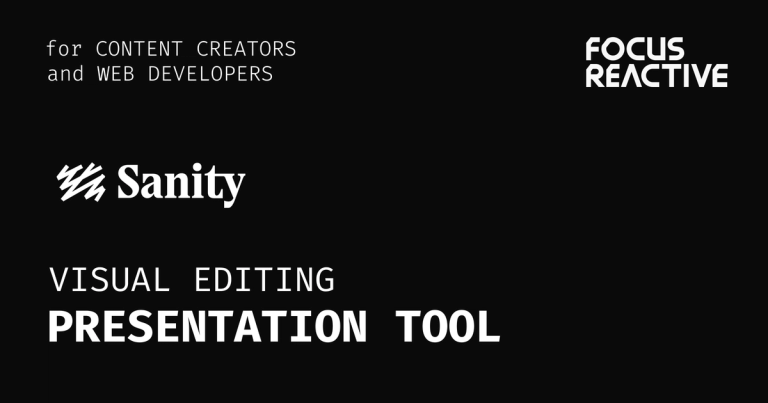Best Enterprise Headless CMS: Detailed Overview
Discover the top enterprise headless CMS options, focusing on unique features, benefits, pricing, and common migration paths from traditional CMS platforms.

Enterprise headless CMS solutions are designed to meet the complex needs of large organizations.
Unlike traditional CMS, which tightly couple the front-end and back-end, enterprise headless CMS decouples these layers, providing unmatched flexibility, scalability, and adaptability.
This separation allows for seamless integration with various platforms and technologies, ensuring consistent and dynamic content delivery across multiple channels.
This guide reviews the leading enterprise headless CMS options, highlighting what makes each one stand out and the traditional CMS platforms they often replace.
1. Storyblok
![]() Storyblok interface
Storyblok interface
What Sets It Apart:
Storyblok combines visual editing tools with headless CMS capabilities, making it easy for content creators to manage and publish content.
Its component-based system allows for flexible and reusable content blocks. The real-time visual editor ensures a seamless experience for marketers and developers.
Why Migrate from Traditional CMS?
Companies often switch from WordPress or Drupal to Storyblok for its intuitive editing and efficient content reuse.
Pricing:
- Enterprise plan: Custom pricing starting from $3,499/month.
- Growth plan: $99/month (new option covering most business needs)
Use Cases:
Visual content management, reusable content components, and seamless collaboration between marketers and developers.
2. Contentful
![]() Contentful interface
Contentful interface
What Sets It Apart:
Contentful is an API-first CMS with modular content blocks and high-performance dynamic rendering.
Why Migrate from Traditional CMS?
Many enterprises move from WordPress or Sitecore to Contentful for scalability and API-first flexibility.
Pricing:
- Enterprise pricing: Starting from $4,000/month (~$48,000/year)
Use Cases:
Contentful excels in delivering scalable, multi-channel content architectures for large enterprises.
3. Strapi
![]() Strapi interface
Strapi interface
What Sets It Apart:
Strapi offers a fully open-source, self-hosted option with extensive plugin support.
Why Migrate from Traditional CMS?
Companies migrate from Drupal or Joomla to Strapi for customization and data control.
Pricing:
- Self-hosted plan: Free & open-source.
- Enterprise plan: Custom pricing based on usage
Use Cases:
Highly customizable CMS for businesses with self-hosting and security requirements.
4. Sanity
![]() Sanity interface
Sanity interface
What Sets It Apart:
Sanity enables real-time collaboration with its GROQ query language.
Why Migrate from Traditional CMS?
Sanity is often chosen over Adobe Experience Manager and Sitecore for structured content & team collaboration.
Pricing:
- Enterprise plan: Starting from around $3,500/month
Use Cases:
Real-time content collaboration, advanced structured content management, and multi-platform content delivery.
5. Hygraph
![]() Hygraph interface
Hygraph interface
What Sets It Apart:
Hygraph is GraphQL-native, providing fast and flexible data querying.
Why Migrate from Traditional CMS?
Ideal for Contentful or WordPress users needing GraphQL efficiency.
Pricing:
- Enterprise plan: Custom pricing starting from $2,500/month.
Use Cases:
High-performance GraphQL-based content delivery for modern applications.
6. DatoCMS
![]() DatoCMS interface
DatoCMS interface
What Sets It Apart:
DatoCMS is user-friendly and flexible, with multi-language support.
Why Migrate from Traditional CMS?
DatoCMS replaces WordPress and Drupal with scalable, API-first headless architecture.
Pricing:
- Enterprise plan: Custom pricing, estimated from €1,000+/month.
Use Cases:
Perfect for eCommerce and large-scale digital experiences.
7. Kontent.ai
![]() Kontent.ai interface
Kontent.ai interface
What Sets It Apart:
Kontent.ai provides advanced content collaboration and workflow automation.
Why Migrate from Traditional CMS?
Often replaces Kentico or Sitecore for collaborative content management.
Pricing:
- Enterprise plan: Custom pricing, starting from $2,500/month.
Use Cases:
Ideal for large content teams managing high-volume, multi-platform content.
Final Thoughts: Choosing the Right Enterprise Headless CMS
Choosing the right enterprise headless CMS depends on your organization's scalability, flexibility, and integration needs.
| CMS | Best For | Enterprise Pricing |
|---|---|---|
| Storyblok | Visual content management | From $3,499/month |
| Contentful | API-first, scalable enterprise CMS | From $4,000/month |
| Strapi | Customization & self-hosted options | Custom pricing |
| Sanity | Real-time content collaboration | From $4,000/month |
| Hygraph | GraphQL-based CMS | From $2,500/month |
| DatoCMS | Flexible API-first CMS | From €1,000/month |
| Kontent.ai | Advanced content collaboration | From $2,500/month |
🚀 Need help migrating to an enterprise CMS? Get in touch today to find the best headless CMS solution for your business!





